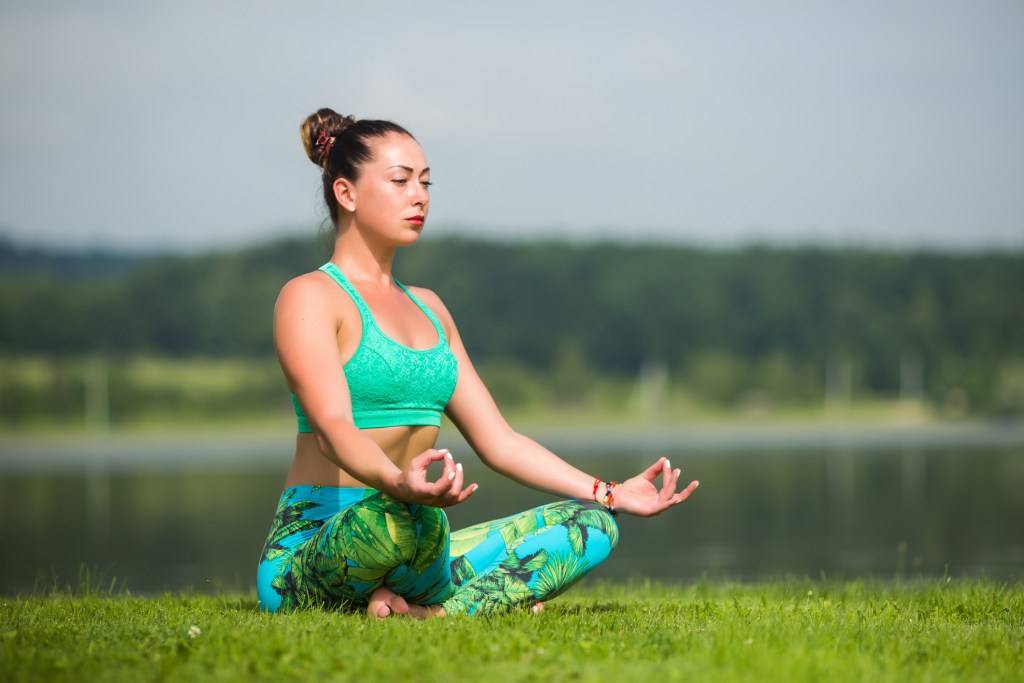
With a group of mental training techniques, such as meditation, it is possible to improve mental and physical health. Some can learn these techniques from a book or article, and others need help from a qualified meditation teacher.
The benefits of meditation are endless. Studies have shown that meditating individuals experience reduced illness, stress, and tiredness levels.
Meditation is free, has no harmful side effects, and does not add calories or cholesterol to your body. It gives practitioners a heightened sense of well-being, often compared to a natural high, more potent than drugs. You can achieve positive, healthy benefits with this meditation component.
We all experience a bombardment of stress, bombarded by things like television, noise pollution, arguments, and angry or envious people. To counteract this overwhelming force of negativity and distress, we need a higher power, which we can find within ourselves. Meditation connects us to this inner reservoir of cleansing and enlightening energy.
6 meditation techniques:
1 Sit or lie down in a relaxed position.
2 You have to breathe deeply and frequently to get enough oxygen. Relax all the muscles of your respiratory system by exhaling.
3 Don’t think about everyday problems or issues. Describe your thoughts on a sound, a word you repeat, an image, an abstract concept, or some feeling. All your attention should focus on the object you have chosen.
4 If any extraneous thoughts come to mind, acknowledge them and then return your focus to the object of meditation.
5 As you get better at meditation, you should feel more relaxed in your mind and body, like you are always breathing more effectively, and feel like the blood circulation throughout your body is improving. You may also feel increased mental pleasure throughout the meditation, which may also be due to increasing mental satisfaction.
6 Meditation provides us with more robust and sustainable vigor, sexual energy, and calm, as it provides a rest comparable to deep and restorative sleep.
In the past, people were closer to nature in their daily routines and rituals of life. There were no artificial sound vibrations from telephones or machinery, which could have resulted in stress and disease from urban industrial complexities.
The sounds of running water, the beauty of the stars in the sky, and the scent of the earth were all there. People planted seeds, harvested food, and observed the cycles of nature, which led them to feel a connection to them.
Today, we live in artificially controlled climates, eat at fast food restaurants, and are divorced from our natural rhythms of life.
The practice of meditation provides us with an easy method of entering into those lost natural rhythms, letting go of our bodies, and clearing the mind of all the artificial stress it unknowingly accumulates throughout lifetimes.
The human body is a complicated creation. In the brain, the body naturally makes hundreds of times more potent drugs than pharmaceutical drugs.
Numerous hormones and chemicals are in the body during meditation, which provides an incredible boost of energy and happiness. This is one of the many astonishing side effects of meditation practice.
Meditation means something different for every person. Some people use it instead of or in addition to psychotherapy. Improving sports or work performance, memory, and other mental functions is more valuable.
Some people rely on it to help them deal with grief or the aftermath of trauma or tragedy, and to regain an appreciation for the beauties of life. And some people use meditation to inspire them in the arts.
Meditation has roots in many cultures and traditions, and has a long history. Meditation has been around for a long time. Cave paintings in India show people sitting in meditative positions. Meditation is in ancient texts from China, Japan, and Tibet.
Meditation began to spread to the West in the 20th century, when Westerners began traveling to Asia to learn about Eastern philosophies and practices. When people began to explore alternative ways to achieve inner peace and relaxation, meditation became more popular in the West.
